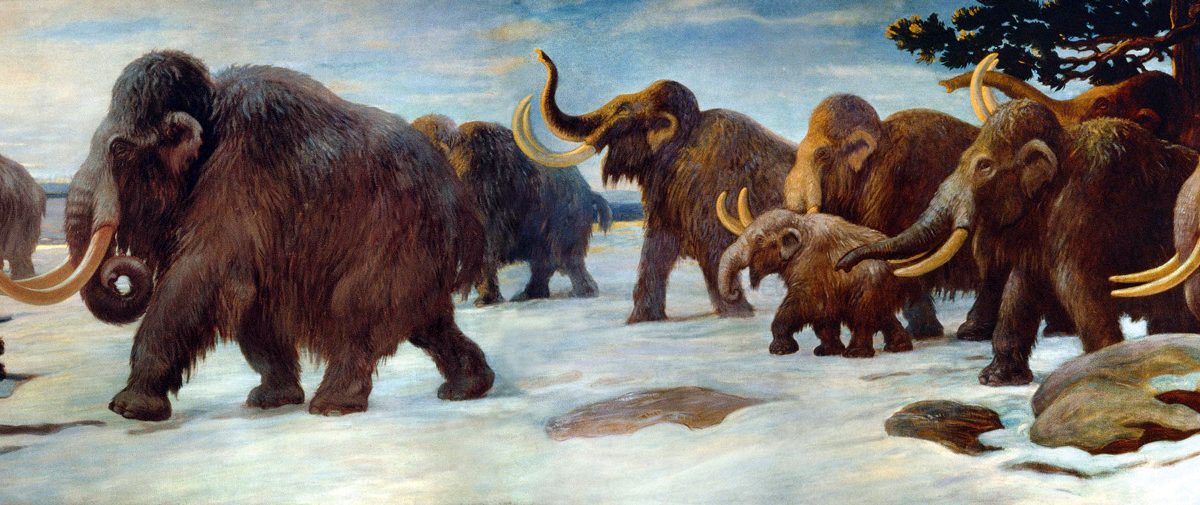The impact of climate change on human development has been highlighted in a new study, which suggests that extreme weather conditions in eastern Africa have driven technological and social innovations, accelerating the evolution of modern humans. The research, published in the journal Nature Geoscience, was conducted by an international team of scientists, including researchers from the University of Cologne, who used sediment samples from southern Ethiopia to reconstruct the region’s climate history and link it to the development of early humans. The study identified three key phases in human evolution, each of which was characterised by extreme climate fluctuations.
During the first phase, which occurred between 620,000 and 275,000 years ago, early humans lived in humid conditions that were periodically interrupted by droughts and heatwaves. These changes led to the fragmentation of human populations and the development of isolated groups that had to adapt to their changing environments. The second phase, which took place between 275,000 and 60,000 years ago, was characterised by even more extreme climate fluctuations, which spurred the development of new technologies and social structures that allowed early humans to adapt to their changing environments. It was during this phase that the Homo sapiens emerged in eastern Africa.
The third phase, which occurred between 60,000 and 10,000 years ago, was marked by the most extreme climate fluctuations of the entire period studied, including the driest period. The study suggests that these conditions accelerated the cultural evolution of early modern humans and may have created migration routes that allowed the Homo sapiens to spread out of Africa and across the globe. The study is part of the Hominin Sites and Paleolakes Drilling Project, which is investigating the impact of climate change on early human development. The researchers believe that the findings are particularly relevant in light of current climate change threats and the overuse of natural resources.
According to Verena Förster, a researcher at the University of Cologne, “Understanding the relationship between climate and human development is more important than ever in the face of current threats from climate change and the overuse of natural resources for human habitation.” The sediment samples used in the study were taken from the Chew-Bahir Basin in southern Ethiopia, an area that is home to important paleoanthropological and archaeological sites. The study highlights the importance of studying the impact of climate change on human development and the need for continued research in this area.










